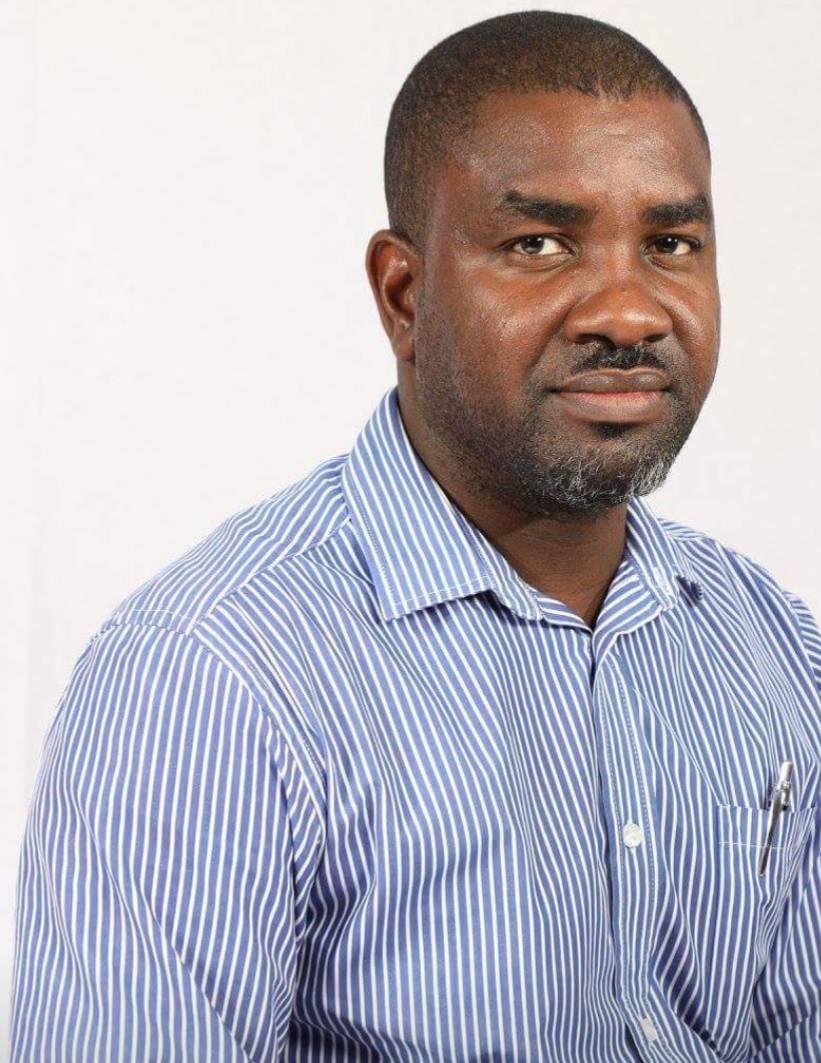Making a difference each day
Rhingo Mutambo crafts and directs the corporate communications programme for the Office of the Prime Minister.
Gabby TjirozeRhingo Mutambo is the chief public relations officer in the Office of the Prime Minister and also a former chairperson of the Public Relations Institute of Southern Africa (PRISA)-Namibia, after having been a member since 2009.
He also holds the professional designation of chartered public relations practitioner (CPRP).
Rhingo says his role is one that enables him to make a real difference.
“This role requires me to stay ahead of my game as everyday skills need to be enhanced as part of continuous development. PR is one of the disciplines that is a blend of everything that is communication-related, from advertising to brand management, from marketing to corporate communications and from basic TV and radio production to print media journalism; so one needs to gain confidence and it also helps you acquire much-needed skills in all these and other disciplines.”
Rhingo joined the Office of the Prime Minister in 2010 and worked in various departments, including for the San Development Programme, where he toiled closely with retired politicians like Libertine Amadhila and Marco Hausiku. He also worked at the Public Service Commission, which is now the Prime Minister’s Bureau. He has over 15 years’ experience in the industry.
Education background
Rhingo holds a Bachelor of Arts in Media Studies, majoring in corporate communications, which he obtained from the University of Namibia (Unam). In 2005, he studied at the University of Helsinki’s Swedish School of Social Science, where he obtained an international masters’ programme certificate in foreign reporting and mass communications. In 2008, he underwent four months’ personal development training in India, where he obtained an elementary international certificate in graphics and web designing. He is currently pursuing his Master in Business Administration in management at the International University of Management (IUM).
PRISA experience
When asked to describe his biggest challenge and the opportunities presented while he was PRISA chairperson, he cites continuous self-improvement.
“I think l was lucky enough to have had a great team of executive committee members and at least l was a member of the PRISA for some good years before taking up the chairpersonship. With our fair share of both success and failure, l believe the best way to fail is to fail forward and not backwards, and that’s exactly what we did to keep PRISA alive in Namibia,” he said.
Rhingo believes there are number of blind spots the country is faced with, when it comes to the industry.
“There is no local PR regulatory or accreditation authority and the country is served from a regional level. In as much as this has its own benefits and has kept the flame burning, it is self-defeating in the long run. There is an increasing need for Namibia to establish a local PR institute that is affiliated to the regional body and other reputable continental and global PR bodies. This will, ipso facto, contribute to improved professionalism, regulation and unity within the industry.”
Rhingo further advised young people to get ahead by planning their own training and not wait for someone to do it for them.
Fact Box
Rhingo is a print media journalist and cultural activist
He did research work in the Kunene Region and was involved with some German film productions
He is the co-founder and vice-chairperson of the newly established community radio station, KC Radio 94.3FM, based in Opuwo
He published a desktop review book on HIV/Aids, culture and sexuality among the Ovaherero and Ovahimba





Comments
My Zone
No comments have been left on this article